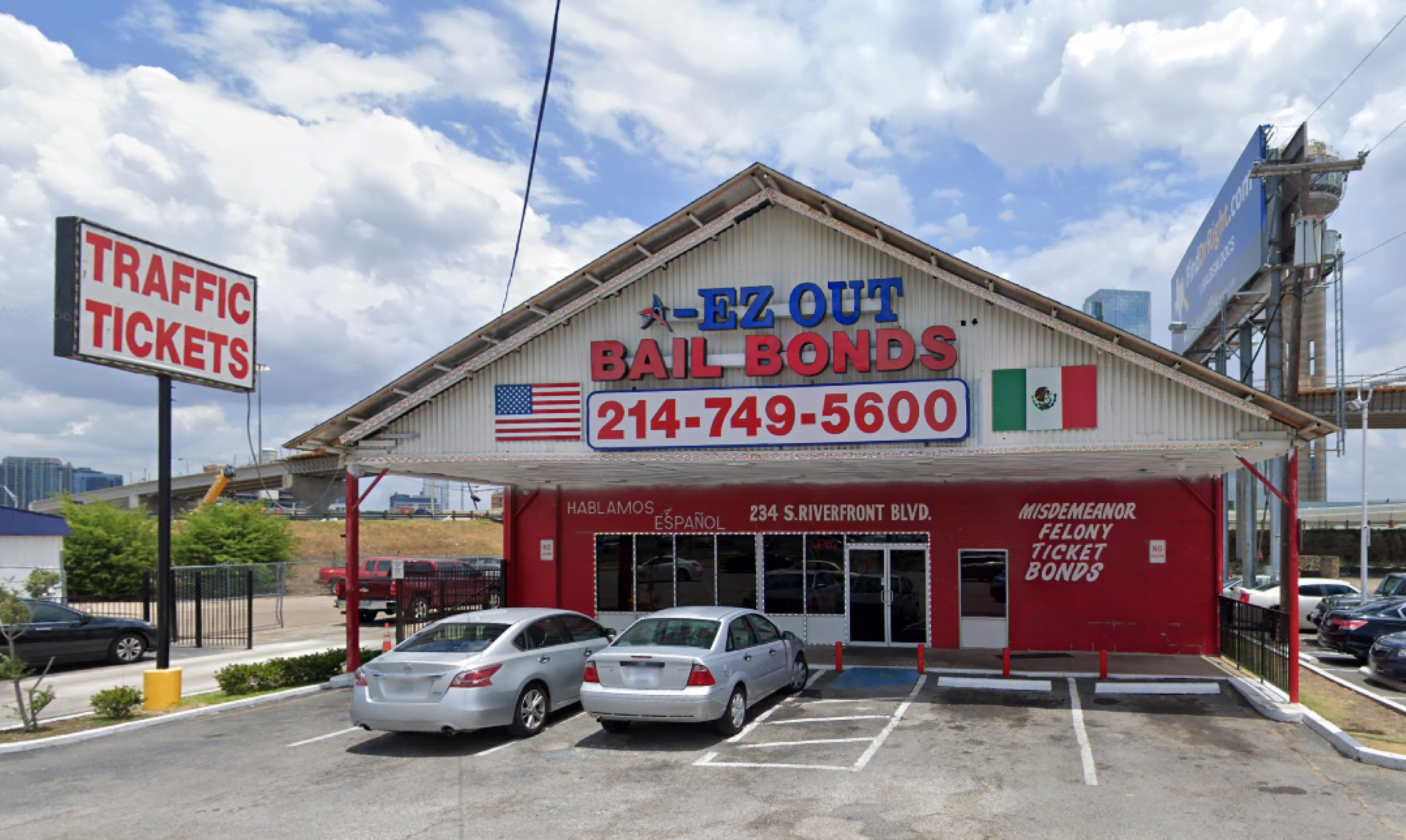A Comprehensive Overview to the Financial and lawful Facets of Bail Bonds
The intricate world of bail bonds offers as an important element within the lawful system, yet it often continues to be shrouded in secret for lots of people. This overview dissects the legal structure and monetary details that define bail bonds, shedding light on the crucial duty of bail agents and the different bond types readily available. Comprehending the economic implications, such as non-refundable premiums and prospective security loss, is vital.
Understanding Bail Bonds
Browsing the complexities of the lawful system commonly needs a clear understanding of bail bonds. Fundamentally, a bail bond is a monetary assurance to the court that the accused will appear at all needed hearings.

The bail bondsman thinks the danger, guaranteeing conformity with court looks - best bail bonds mansfield ohio. This system enables the harmonizing of private flexibility with the guarantee that justice can be served, helping with a more effective lawful process
Legal Structure of Bail
The lawful structure of bail is intricately structured to balance the rights of the accused with the passions of public safety and the honesty of the judicial process. At its core, bail acts as a device to make certain that accuseds go back to court while waiting for test, without the need for pretrial detention. The Eighth Amendment of the USA Constitution restricts excessive bail, thereby guarding versus punishing pretrial actions that would unduly limit an individual's liberty.
Judges play an essential function in identifying bail, taking into consideration factors such as the nature and seriousness of the crime, the offender's criminal history, likelihood of trip, and possible threat to the neighborhood. This optional power aims to customize bail decisions to private situations, promoting fairness while preserving public safety and security. Jurisdictions may have details statutes and standards that further delineate the conditions under which bail is suitable.
Additionally, the lawful framework incorporates numerous types of bail, consisting of cash bonds, guaranty bonds, and individual recognizance, each with unique needs and ramifications. Recent reforms in some territories have actually sought to deal with systemic inequalities by minimizing reliance on cash bail, thus emphasizing non-monetary problems that straighten extra closely with concepts of justice and equal rights.
Function of Bail Professionals
While the lawful framework of bail sets the phase for judicial discernment, bail agents play a vital duty in the useful functioning of the bail system. These experts, additionally called bail bondsmensman, work as intermediaries between the court and the implicated, facilitating the release of offenders from guardianship pending test. By releasing guaranty bonds, bail agents guarantee the offender's look in court, next successfully assuming economic responsibility if the individual falls short to appear.
Bail agents possess a deep understanding of the legal procedures and requirements for uploading bail, providing vital guidance to accuseds and their families throughout what can be a difficult duration. They evaluate the risk related to each offender and identify whether to provide a bond based upon different variables, including the nature of the supposed crime, the accused's criminal history, and connections to the area.
Moreover, bail agents usually use techniques to make sure compliance, such as routine check-ins or making use of tracking gadgets. Their participation is pivotal in maintaining the equilibrium in between individual civil liberties and public security, as they allow the judicial system to work efficiently by making sure defendants exist for their court procedures without unnecessary pretrial apprehension.
Financial Considerations
Comprehending the economic facets of bail is critical for offenders and their households as they browse the complexities of the lawful system. bail bonds richland county. Bail bonds function as a monetary warranty to the court that the offender will show up at all needed hearings. Usually, bail is set based upon the severity of the infraction, trip threat, and the defendant's criminal background. Accuseds commonly turn to bail bond agencies when bail is unaffordable. These firms bill a non-refundable premium, typically 10-15% of the complete bail amount, which constitutes the key expense to the defendant.
Collateral might likewise be required, which can consist of assets such as realty or vehicles. This makes certain the bail bond company can recover its losses if the defendant stops working to show up in court. It is vital for families to review their economic circumstance before devoting to a bail bond, as failing to conform with court appearances can cause the forfeit of collateral.
Along with the costs and security, accuseds should take into consideration any try this website added fees that a bail bond company may bill, such as administrative or handling fees, which can better affect their monetary responsibility. Understanding these financial obligations is essential to make enlightened decisions.
Risks and Responsibilities
Involving with a bail bond agency risks both presents and responsibilities that accuseds and their families need to thoroughly consider. By protecting a bail bond, the defendant or their household pledges to pay a non-refundable charge-- typically 10% of the bail amount.
If the defendant stops working to show up in court, the co-signer threats shedding this collateral. Additionally, they may have to cover any type of expenses sustained by the bail bond firm in their efforts to find and nail the defendant.
A defendant who misses out on court looks can encounter apprehension and extra fees. Understanding the full scope of these risks and duties is important for any person taking into consideration the bail bond process.

Verdict
The monetary and legal intricacies of bail bonds demand a comprehensive understanding of the mechanisms controling bail, including the duties of bail representatives and the various types of bonds readily available. This detailed understanding aids in browsing the complicated landscape of bail and its linked duties.
A bail bond company, often an exclusive service, provides a guaranty bond to the court, covering the full bail quantity in exchange for a fee, typically 10% of the complete bail.
